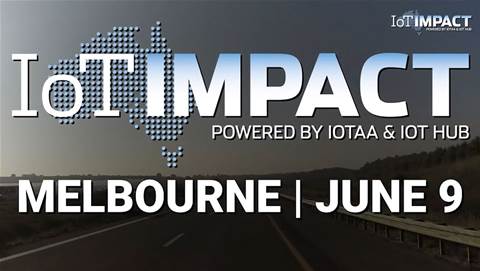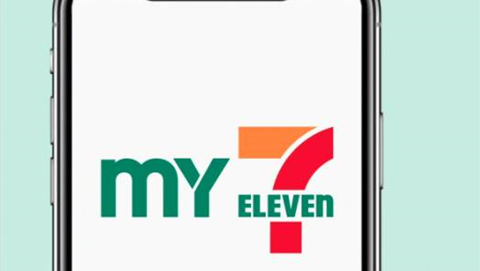Software developers are among workers that are most relishing the advent of hybrid and remote work models, though work continues to refine the way such workers are served with appropriate IT systems, executives from MLC Life Insurance and Lendlease Digital tell iTnews.
In this new iTnews microdocumentary, we examine the hybrid work issues CIOs are grappling with now, and how some Australian organisations are charting a path forward.
Lendlease Digital’s global head of finance and director of operations Victoria Whitby said certain domains such as software development are now “largely targeted at being [fully] remote.”
“Our developers tell us that they don’t need to be in the office to do their jobs,” Whitby said.
“They work in ‘deep focus’ activities for the majority of their day, so they actually perform better in quiet environments working from home.”
However, Whitby noted the experience and desire of developers isn’t necessarily representative of the broader employee pool.
She noted the “generational shift” underway in Australian organisations.
“People who are entering into the workforce want that connectivity and want that mentorship and training of actually being face-to-face with someone to get that skillset enhanced,” Whitby said.
“It’s a really interesting mix, and I think there’s no one solution, there’s no silver bullet to this.
“We will work through a series of iterations, trials and testing.”
MLC Life Insurance is on that iterative journey. Its head of technology and operations Scott Brown said the company is in the process of creating a “better user experience for remote or hybrid workers.”
“The expectation is that people have full connectivity from home or from a remote office, and not have any need to come into the office at all,” Brown said.
“We’re seeing it from our workspace area where we’re redesigning our solutions to do security updates remotely and much more seamlessly, [or] to do operating system upgrades.
“In the past we may have encouraged staff to come into the office to do those for a smooth transition, whereas we’re looking at redesigning that whole process so that it can be done remotely as well.
“That’s starting to spread now across all types of applications and services we deliver.”
Brown said MLC Life Insurance had also delivered a zero-touch laptop sent from the factory straight to a new team member that could be set up and have that person operationally productive in 15 minutes.
That had become necessary as hybrid work becomes a “requirement” - or a request - of all new starters as well as existing employees.
“This whole idea about hybrid working is a two-way street,” he said.
“We’re expecting it now of new organisations if we’re applying for a job, we sort of want that comfort factor where we know that we’re not expected to be in the office every day of the week and that we could work remotely.
“I also think that our expectation is … we’ve got the ability to work remotely too because there are some organisations that are going to change the way they operate and use this as an opportunity to do things differently and better.”
Gartner senior director of CIO Advisory Neha Kumar said IT’s role as an enabler for hybrid work models had achieved recognition at CEO and board level.
“CIOs have gained overdue credibility in the last few years,” she said.
“A lot of CIOs have been able to show the business value of technology - that IT is moving away from just being that back-office function … to more of a strategic business partner function.”

.png&h=140&w=231&c=1&s=0)
.jpg&h=140&w=231&c=1&s=0)






















